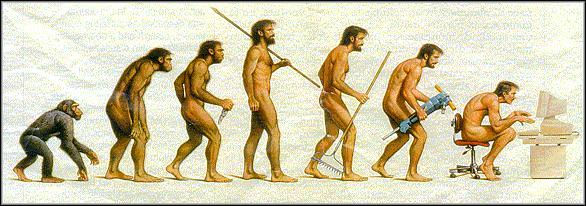Summon the Wasps, Brainwash the Crickets
 The Happening movie SPOILER WARNING!!!
The Happening movie SPOILER WARNING!!!A few days ago, I saw Night Shyamalan’s movie The Happening. Main idea: since we ruin the environment, the plants begin to see us humans as a threat, so they release a toxin into the air that destroys human self-preservation instinct, causing all the people to kill themselves.
OK, I know what you’re thinking... "Plants cannot defend themselves in such a sophisticated manner; all they can do is stand still and Photosynthesize; there’s nothing similar to that in nature, it’s totally stupid." Or is it?
Some corn, cotton, and tobacco plants can emit chemical distress signals into the air when attacked by caterpillars like the tobacco budworm and corn earworm. By releasing blends of different chemical compounds called volatiles, plants can quickly and accurately communicate their attacker's identity to friendly parasitic wasps. This detailed information is important since each type of wasp can use only a certain species as a host. The attacked plant summons the relevant type of wasps. The wasps pick up the specific distress signal aimed at their species, fly in, attack the caterpillars and save the plant.
OK, I know what you’re thinking now... "OK, so they can release chemicals into the air to summon the natural enemy of their attacker, but surely one species cannot force another to commit suicide; there’s nothing similar to that in nature, it’s totally stupid." Or is it?
The nematomorph hairworm (Spinochordodes tellinii) develops inside grasshoppers and crickets until the time comes for the worm to transform into an aquatic adult. But there’s a problem - its host lives on land. So what do you do? When the time is right to continue its life cycle, the parasitic worm releases chemicals that brainwash its host, causing it to commit suicide by seeking water and jump in. The worm emerges from its host’s body and swims away while the grasshopper or cricket drowns.
So how about nature as your thriller’s screenwriter?
~~~
p.s. We have a leak! I told you bringing those 2 termites in here would be a mistake, Noah.














